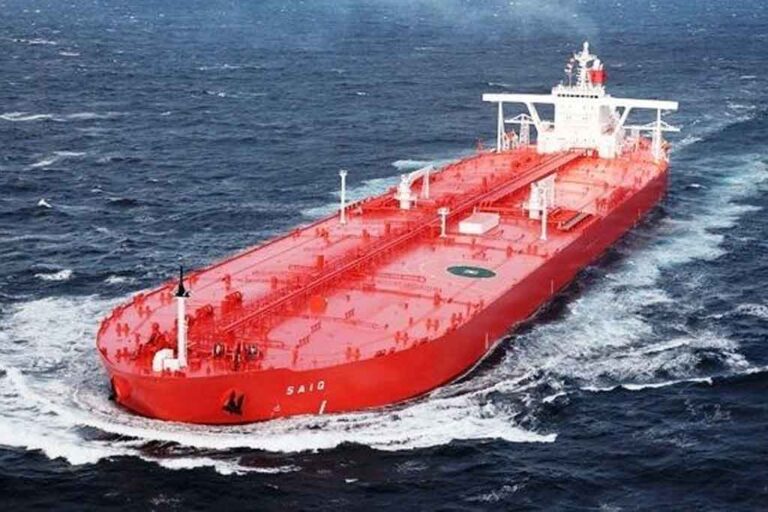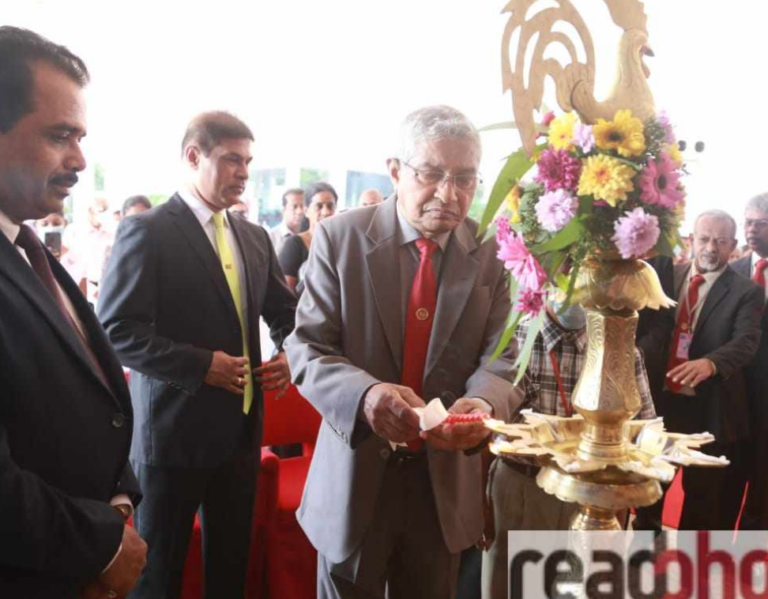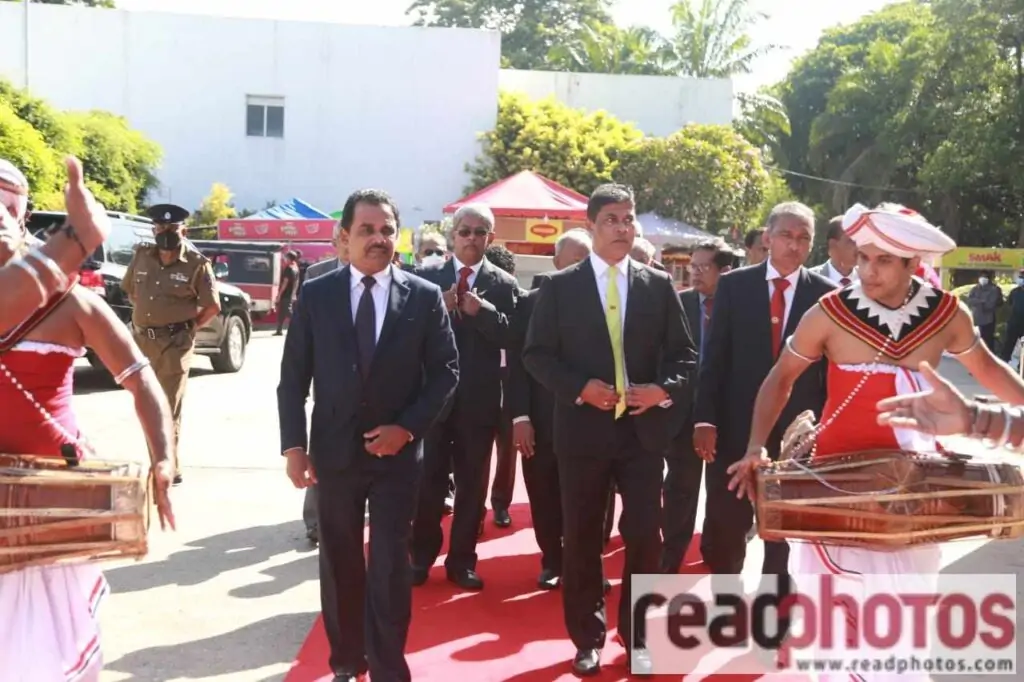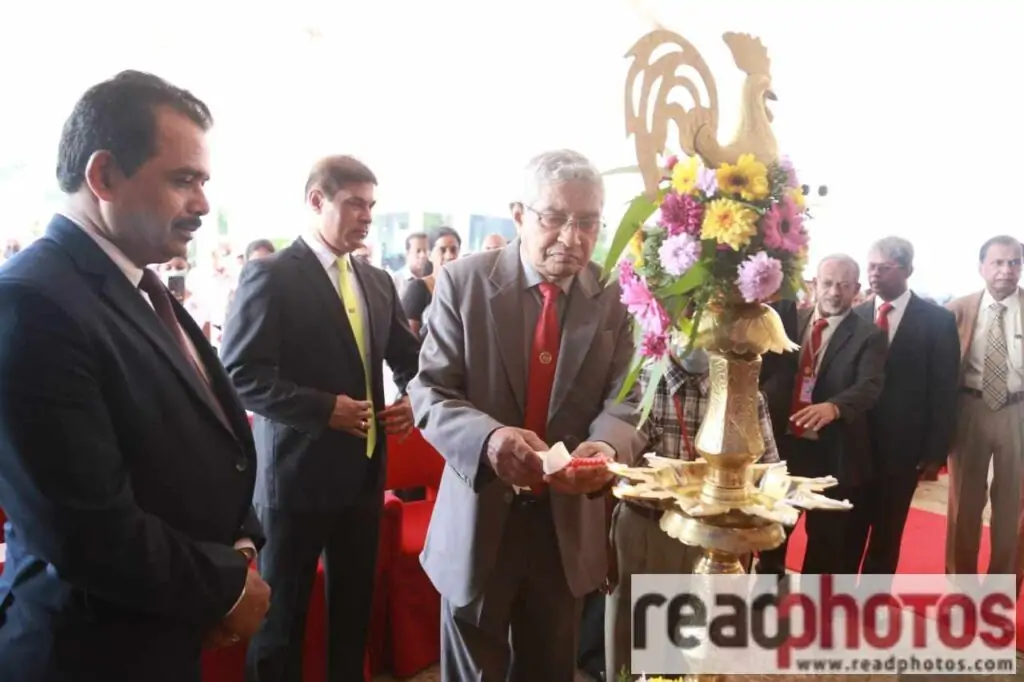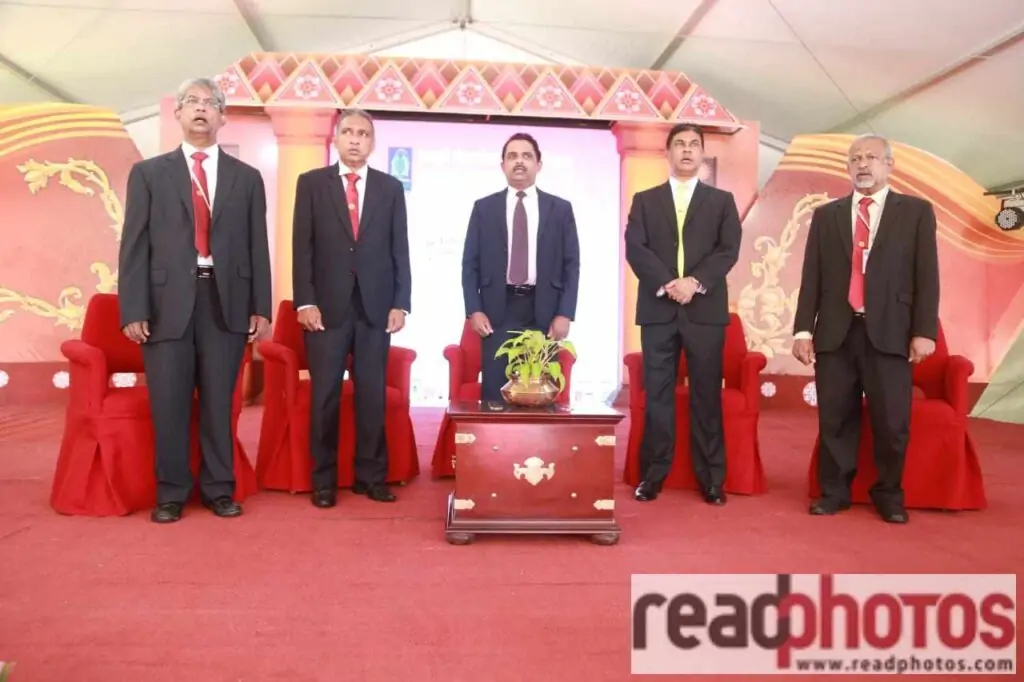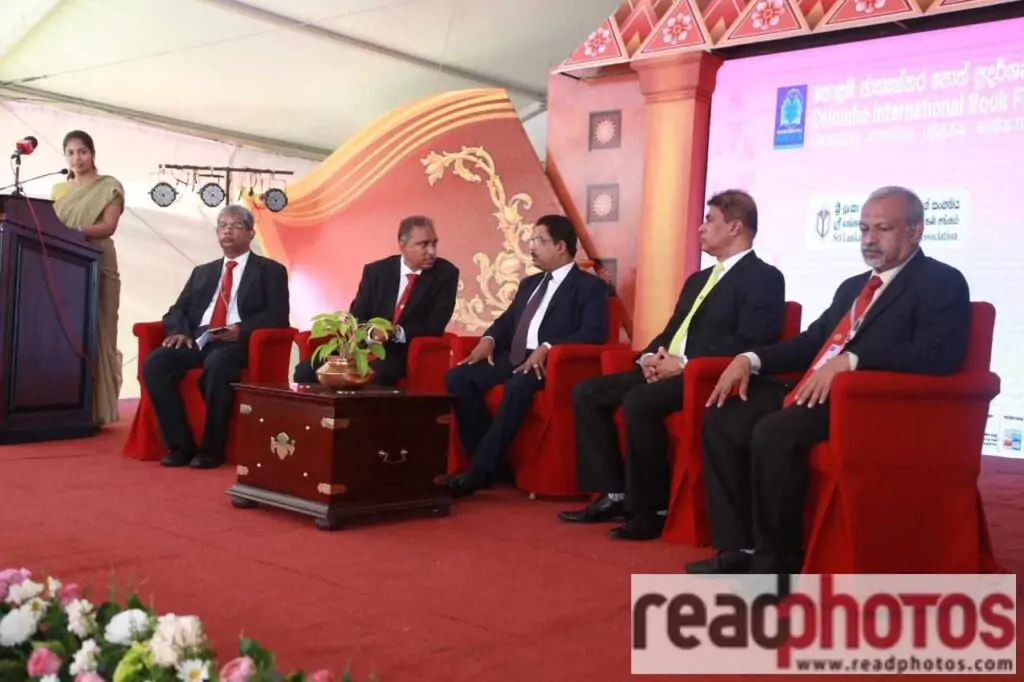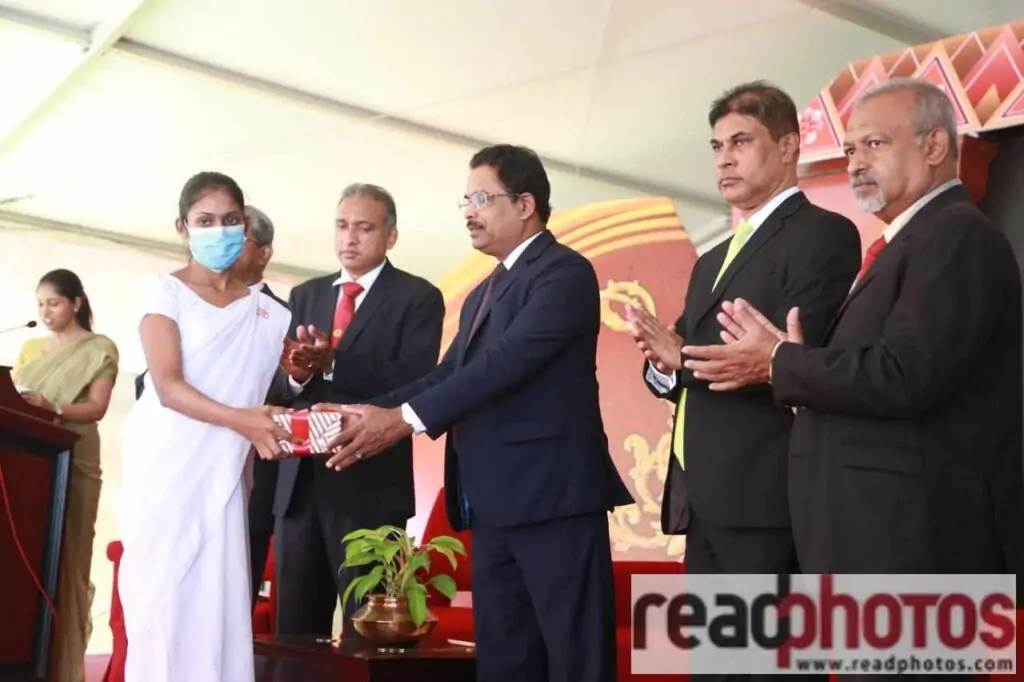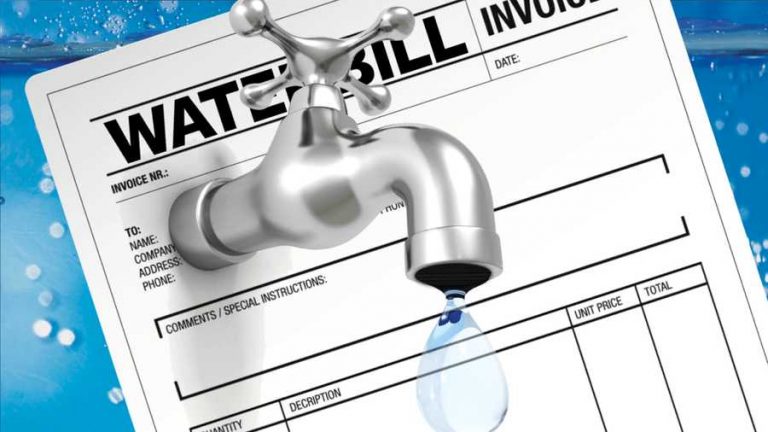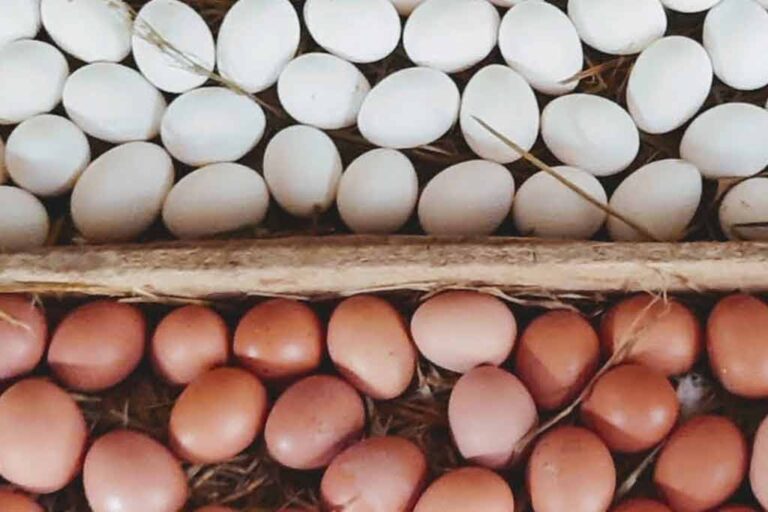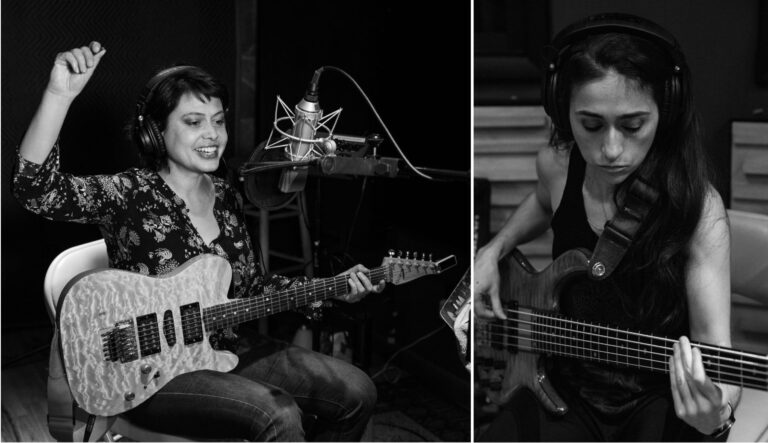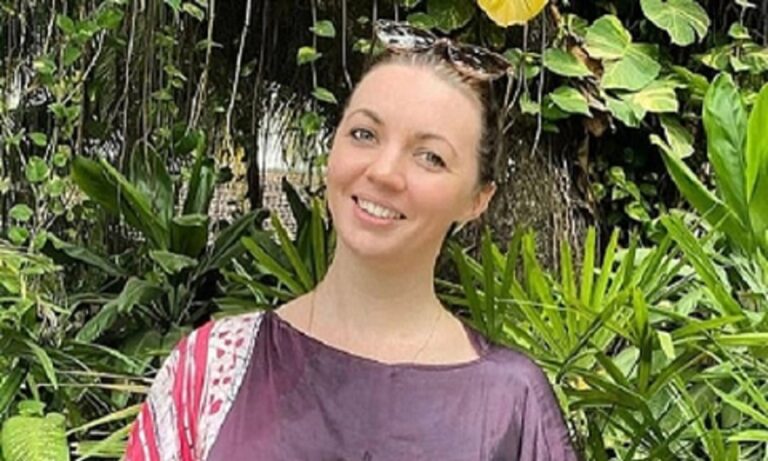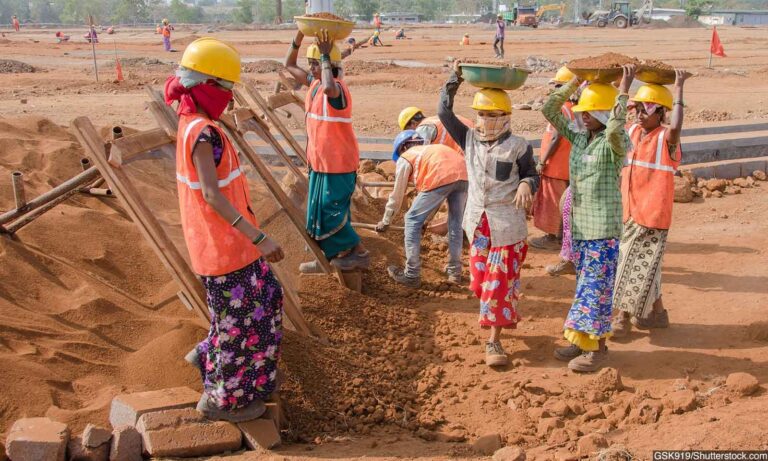MEDIA RELEASE
Photo Caption:
- Eliane Amherd (L) and Amanda Ruzza
COLOMBO (13 September 2022): The European Union (EU) together with the Embassy of Switzerland, Italian Embassy, French Embassy, Alliance Française, Goethe-Institut and the British Council will be hosting a multilingual jazz music tour across three key cities in Sri Lanka, with the view of celebrating this year’s European Day of Languages falling on 26 September.
As part of the broader EU Campaign on a Peaceful and Inclusive Society, the multilingual jazz music tour will feature mainstream, pop rock, jazz fusion, jazz pop and Latin jazz. The tour will begin in Colombo, travel to Kandy, and conclude in Jaffna, sharing the diversity of linguistic heritage with the people of Sri Lanka, to encourage intercultural understanding.
The inaugural concert will be held in Colombo at the Sri Lanka Foundation Institute on Saturday 24 September, from 6.30pm onwards. It is a free event open to everyone on a first come first served basis. This concert will be followed by a jazz evening in Kandy on Monday 26 September at 7pm, at the Slightly Chilled Lounge Bar and Restaurant. The final concert will be held at the Jaffna Public Library on Wednesday 28 September, from 5.30pm onwards.
The event will feature performances by singer, guitarist and songwriter Eliane Amherd and bassist, bandleader, composer, and producer Amanda Ruzza in German, French, Italian, Portuguese and English.
Born in Switzerland, Eliane Amherd lives in New York and the city’s savvy multicultural energy has had an influence in the unique sound of her original compositions which are jazzy, groovy and rooted in African, Brazilian and Latin music. A talented composer and lyricist and a graduate of The New School University for Jazz and Contemporary Music, Eliane performs as a leader or a featured artist in New York’s premiere clubs and tours in North and South America, Canada, Europe and Asia, where she appeared in international Festivals in China, Thailand, the Philippines, Myanmar, Malaysia, Nepal and Mongolia. She plays guitar in several NYC bands and collaborated with greats such as Marcus Strickland, Bashiri Johnson, Bill Ware, Hagar Ben Ari, Randy Brecker etc.
Born in São Paulo, Brazil to a Chilean mother and an Italian father, Amanda Ruzza grew up in a house humming with music. Amanda began playing bass and engaging in professional performance early. Eventually, in Brazil, she worked with distinguished Brazilian producers and arrangers, including Grammy Award winner Moogie Canazio, Maestro Jobam and Sony
Music Japan’s Osny Mello. She is based in New York at present. Besides being a musician fluent in an array of styles, Amanda is fluent in Portuguese, Spanish, Italian, and English.
Press contacts:
Le-Anne FERNANDO
Political, Press and Information Section
Delegation of the European Union to Sri Lanka and the Maldives
Email: [email protected]
Tel.: + 94 11 2674413-4
Nina FERNANDO
Communications Section
Embassy of Switzerland to Sri Lanka and the Maldives
Email: [email protected]
Tel.: +94 11 269 51 17 Ext.853099

